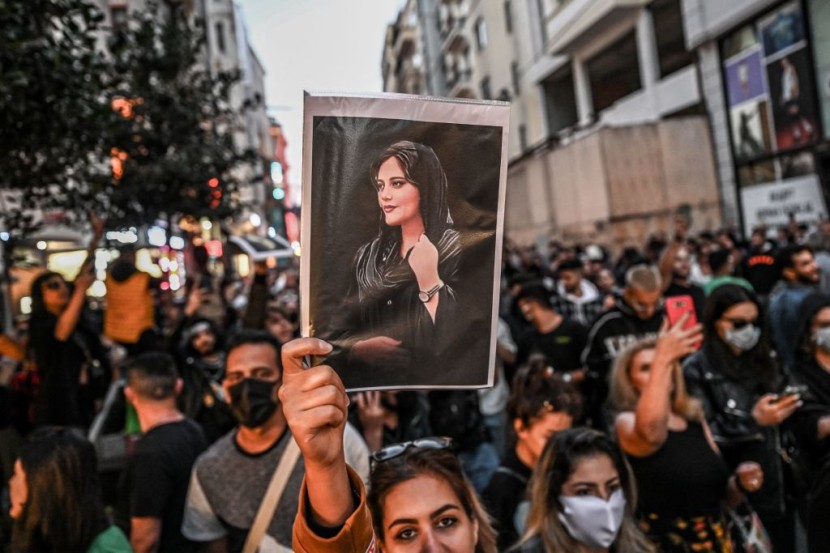
The body of an Iranian female doctor who died while treating injured protesters in Tehran was returned to her family earlier this week. According to the family, the body showed signs of torture.
Aida Rostami, 36, treated protesters in Ekbatan and other western Tehran neighborhoods until she vanished on December 12 earlier this week.
Female Doctor Tortured, Killed After Treating Iranian Protesters
Her brutalized body was returned to her family a day later, according to the report. The doctor is said to have left a protester's house on December 12 to get first aid supplies and was never seen again.
The Iranwire report added that a local police station named Aida Rostami's family the next morning.TRostami died in a car accident overnight, according to police. They were instructed to pick up her body at a morgue. Despite their protests, the family was not even shown the car police claimed was involved in the fatal crash.
According to data compiled by Human Rights Activists in Iran, at least 495 people have been killed in protests in Iran amid a crippling security crackdown. Authorities have detained over 18,200 people, WIO News reported.
The next morning, Rostami's family received a call from a local police station informing them that the doctor had died in a car accident overnight. The term "electronic commerce" refers to the sale of electronic goods. According to a source, the car accident was "definitely" not the cause of her death.
"The medical examiner informed Aida's family that they had been ordered not to reveal the true cause of her death. They said she did not die in a car accident; they killed her." The security personnel granted the family members' requests to view Aida's body.
"It is not possible that when you are driving, and you are involved in an accident, both of your hands would be broken, your lower torso would be bruised, and your eye would be completely removed," the source told IranWire, elaborating on the brutal torture Rostami could have endured.
Her family also requested that the Iranian police show them Rostami's car and the location of the alleged car accident. However, the authorities remained steadfast. The doctor was given her final rites and buried in Gorgan, the doctor's family's hometown, according to Free Press Journal via MSN.
Iran Anti-Hijab Protests
According to a report published by Amnesty International last year, Iran is second only to China in the number of executions carried out annually. Human rights organizations such as Amnesty assert that the Iranian government has long employed executions as a tool of repression intended to spread fear and quell protests.
However, they argue that it could have the opposite effect, further inflaming Iran's youth and fueling the uprising. Nassim Papayianni, the Iran campaigner for Amnesty International, notes that the Islamic Republic employs the death penalty for so-called crimes involving consensual sexual relations between adults.
Regarding the 20 Iranians facing the death penalty about the protests, Amnesty International has documented "serious allegations of torture and other ill-treatment" against at least six of these individuals, as per ABC.
@YouTube








